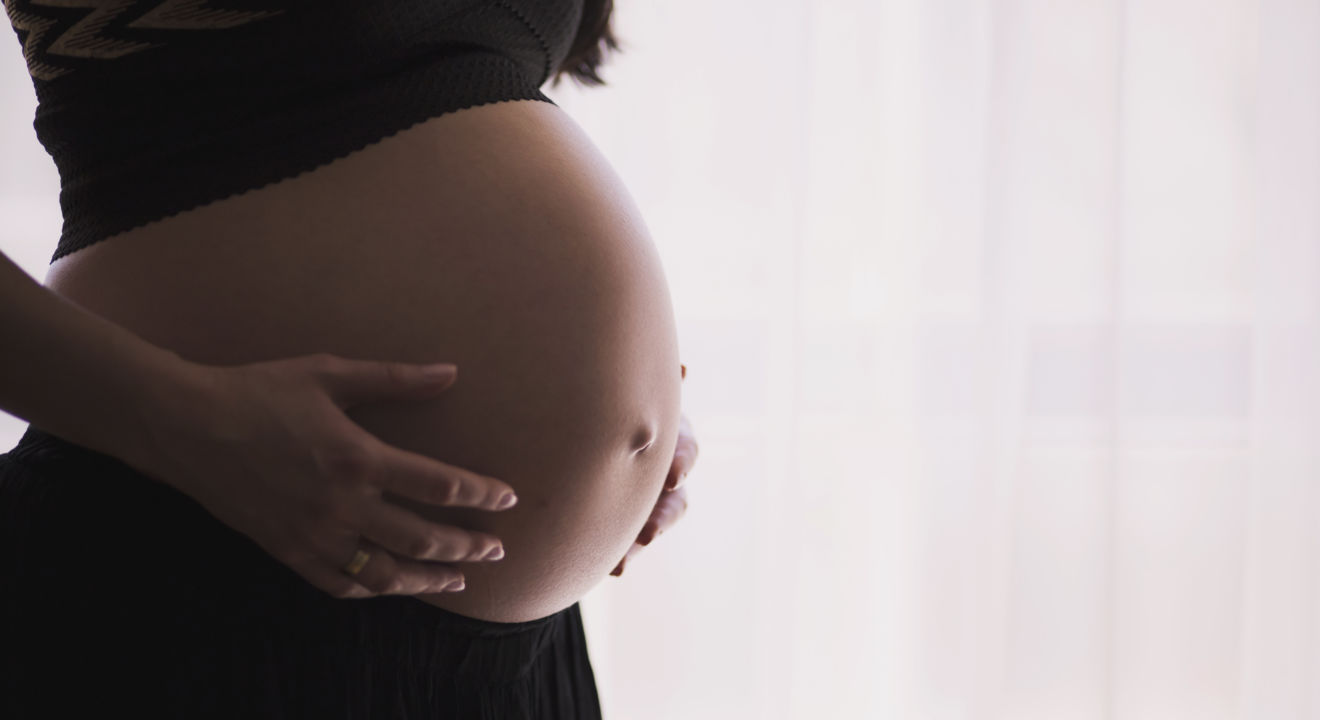Relationships May 15, 2017
What every woman should know about the menstrual cycle...


Even though you (most likely) have a period every month, you may still have plenty of questions about your menstrual cycle. Like when are girls most fertile? Do you ovulate before or after your period? Or, perhaps most importantly, can you get pregnant right before your period?
Luckily, ENTITY is here to answer all of these questions, especially the last one. Here are five facts every woman should know about her menstrual cycle.
Before we actually dive into the question of whether you can get pregnant right before your period, let’s take a trip back to high school sex ed. There are four main phases of your menstrual cycle. Starting with your period, this cycle begins with the shedding of your uterine lining. Your “period” phase can last from three to seven days and, during this time, your fertility isn’t that high. (Though that isn’t to say you can’t get pregnant during your period).
Then you move into pre-ovulation. Even though an egg isn’t technically released at this point, you’re still fertile since sperm can live in cervical mucus for up to five days. So, if you have sex shortly before your ovulation phase, his swimmers could still be ready to fertilize that egg. When are girls the most fertile? During ovulation. If you have sex within 36 hours of this phase, your odds of conceiving are high. Finally, you have the luteal phase, where you have low chances of conceiving as your body prepares to have a period and start all over again!
The key takeaways: your fertility ebbs and flows, and its most fertile time is ovulation, which occurs in the middle of your cycle.
Before you start thinking that you’re safe to have unprotected sex anytime besides ovulation, think again. One difficult part of tracking your fertility is the fact that not every woman’s cycle is 28 days long. In fact, if you ask how many days there are between periods, you can get anything from 21 to 35 days as an answer!
Why does this matter? Because not every woman’s cycle is 28 days long, not every woman’s ovulation occurs on day 14 of their cycle. If you have a longer cycle one month, for instance, you could ovulate instead at day 24…and this means you could technically get pregnant four days before you expect to get your period. Or, if you have a shorter cycle and ovulate sooner after your period than other women, you could get pregnant by having sex on the last day of your period. Scary is an understatement.
Some women can even have two periods in one month. If you typically have shorter cycles, you could have your period at the beginning and end of one month. Or two periods in one month could be caused by various factors like birth control pills, losing or gaining a lot of weight, stress or hyperthyroidism.
All of this goes to say that menstrual cycles are way more complicated than just mapping out 28 days on your calendar.
Another challenge? Sometimes it’s not easy to know when you’re actually having your period. For instance, it’s important to be able to tell the difference between mid-cycle (or ovulatory) bleeding and menstrual bleeding. As mentioned earlier, ovulation occurs when an egg is released, typically from day 11 to day 21 on a 28-day cycle. Some women experience bleeding at ovulation. Especially if they have irregular periods, women can mistake this bleeding for menstrual bleeding.
The problem with that? If you have sex thinking you’re on your period and at the infertile stage of your cycle…you’re wrong. Because sperm can live in the body so long, you can totally get pregnant at this stage.
As if your menstrual cycle wasn’t hard enough to track already, researchers have also found that women can ovulate more than once. One study of 63 women found that 10 percent of the participants ovulated twice in one month.
This double ovulation can help explain how some women get pregnant before their expected periods, and why some contraceptive methods don’t work. Instead of relying on your calendar to determine when you’ll ovulate, try tracking your basal temperature or regularly checking the state of your cervical fluid.
And just when you think you have the hang of your menstrual cycle…it can switch on you. In your 20s, your periods may slowly become more regular. However, you probably also deal with more painful cramps than older women (even though scientists aren’t sure why).
By your late 30s and early 40s, your ovaries start showing their age. Besides night sweats and breast tenderness, your cycles may also start to get irregular or short – which, as mentioned earlier, can throw off fertility predictions. And, somewhere in your 50s, menopause will make an appearance.
So, can you get pregnant right before your period? The answer is as complex as the menstrual cycle itself. To sum up everything you’ve (hopefully) learned: kind of. Even though ovulation is when girls are most fertile, an irregular or short cycle can cause you to get pregnant soon before you expect your period to start. And, if you mistake ovulatory bleeding for menstrual bleeding, you may even get pregnant when you think you had a period…but you really didn’t.
Bottom line? Remember that your fertility is within your control, whether by using birth control, tracking your ovulation through methods like basal temperature or a mix of all of the above!